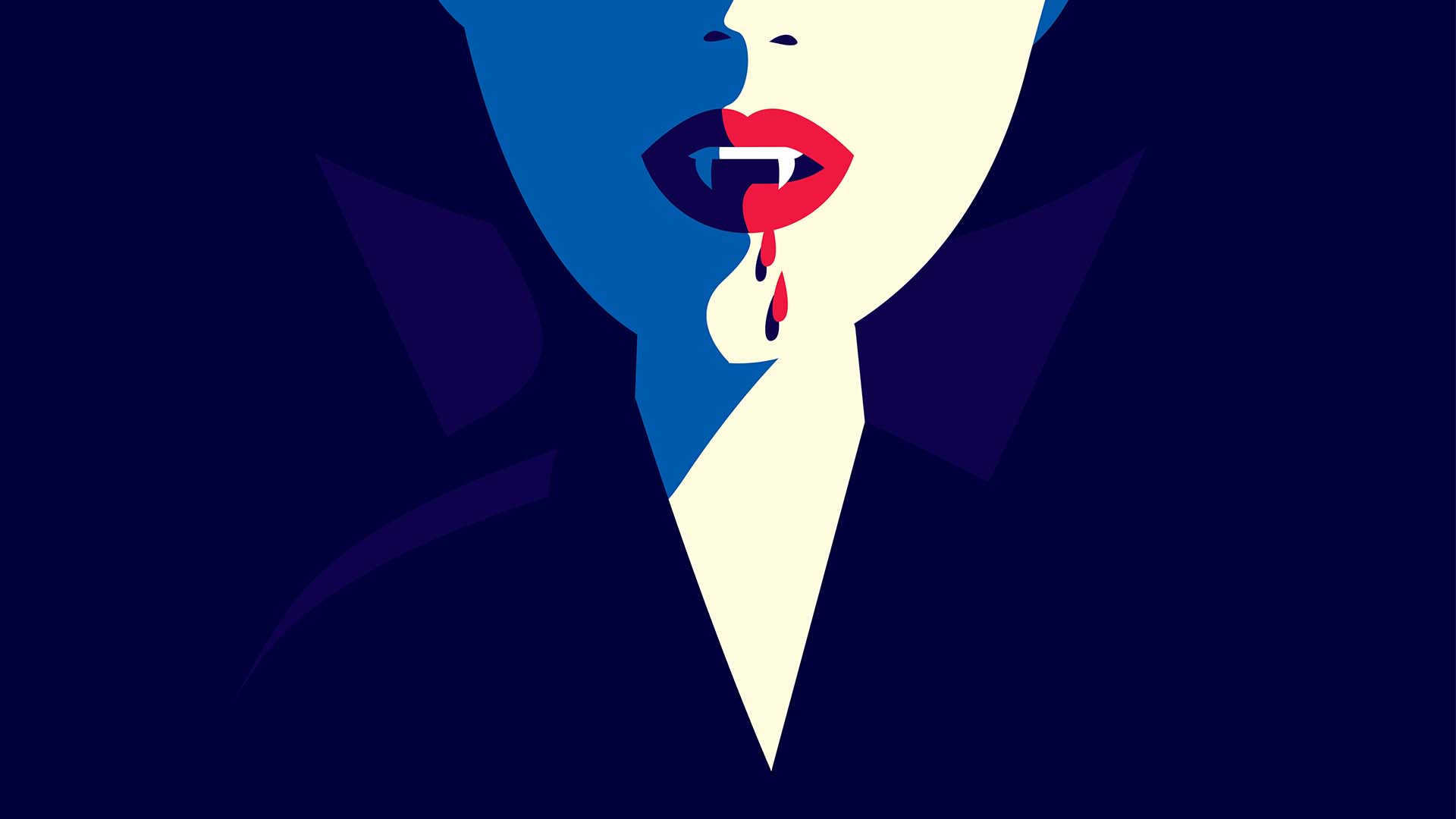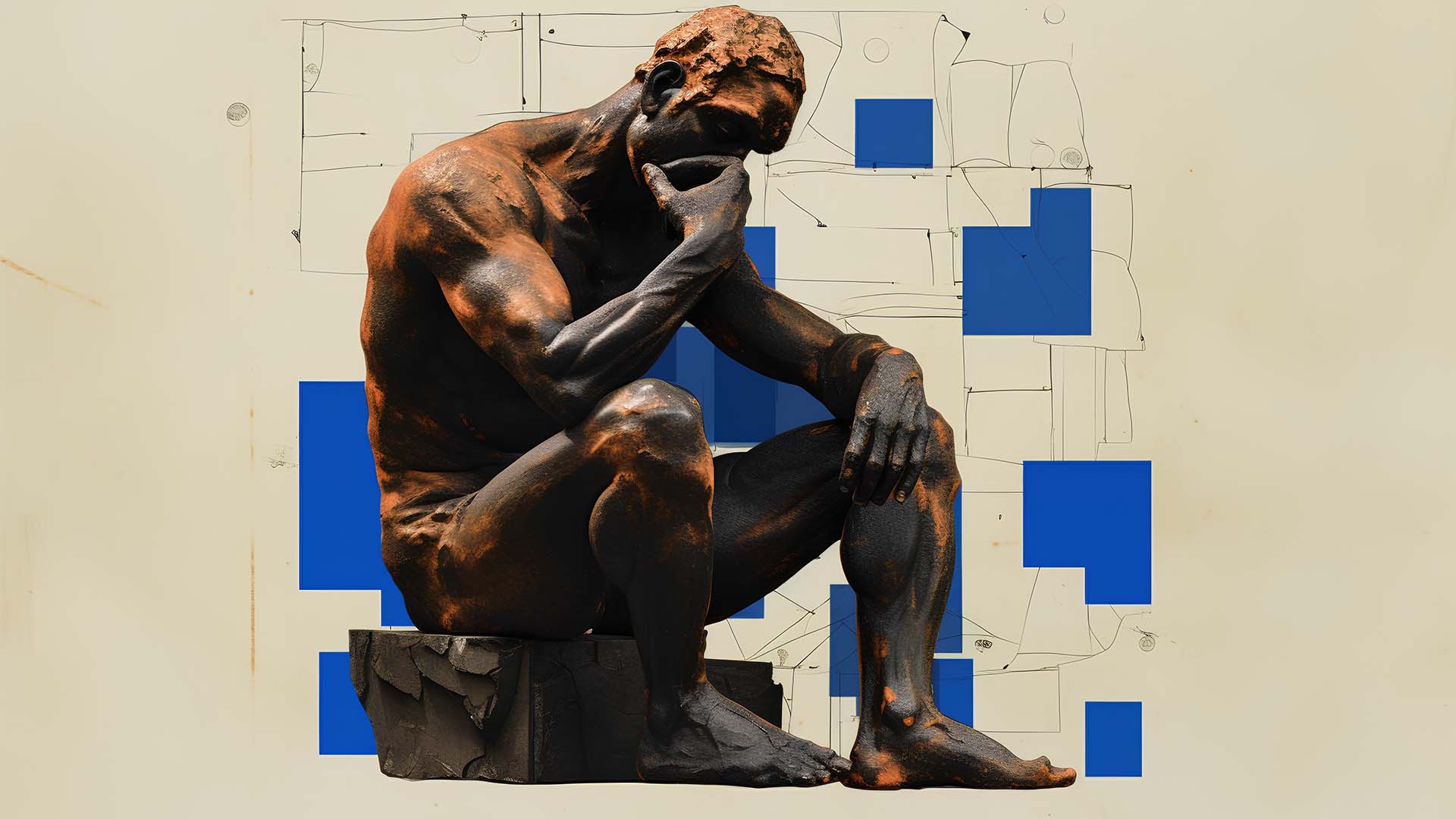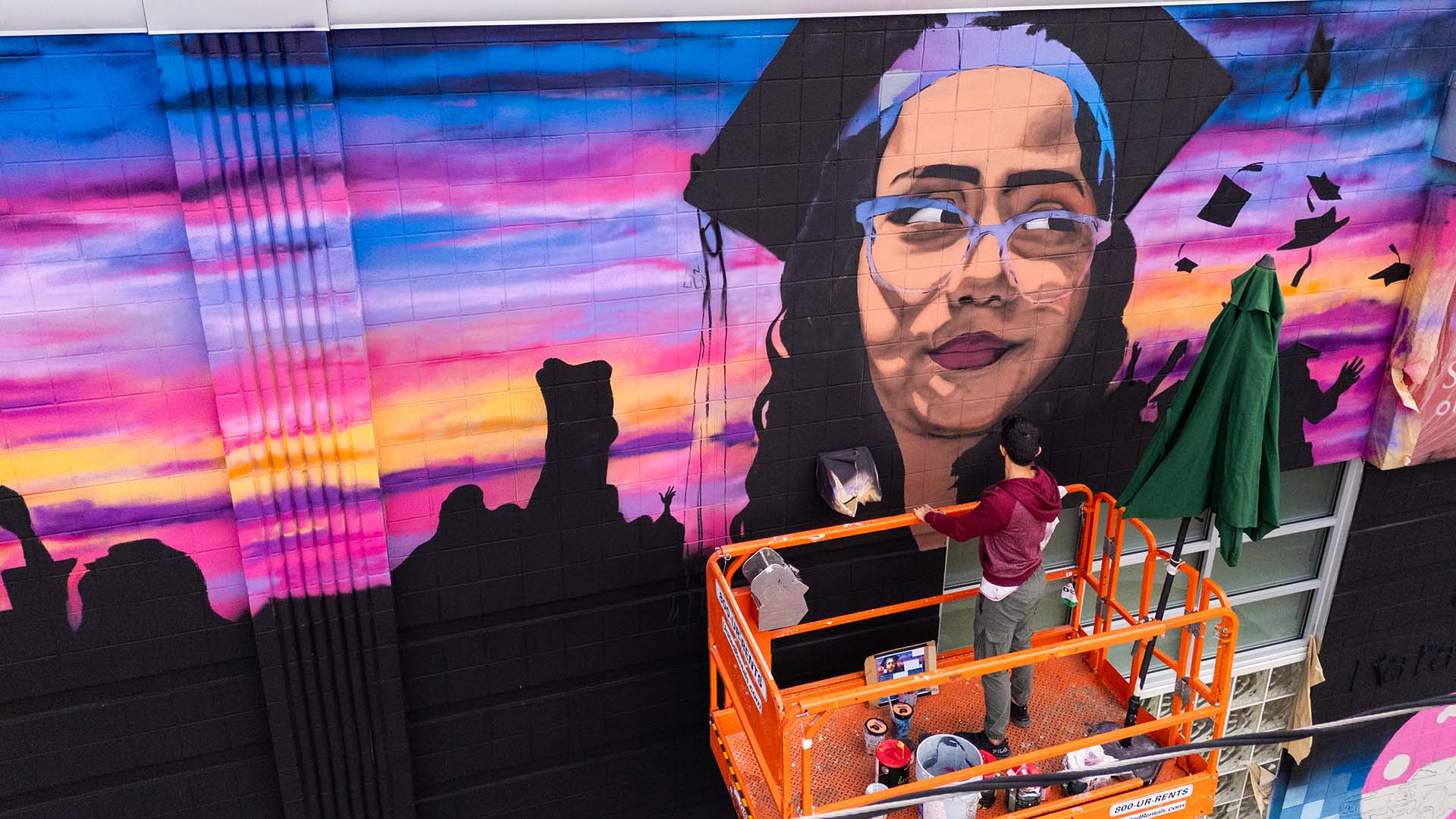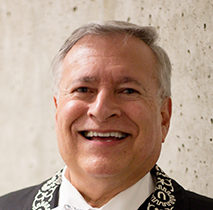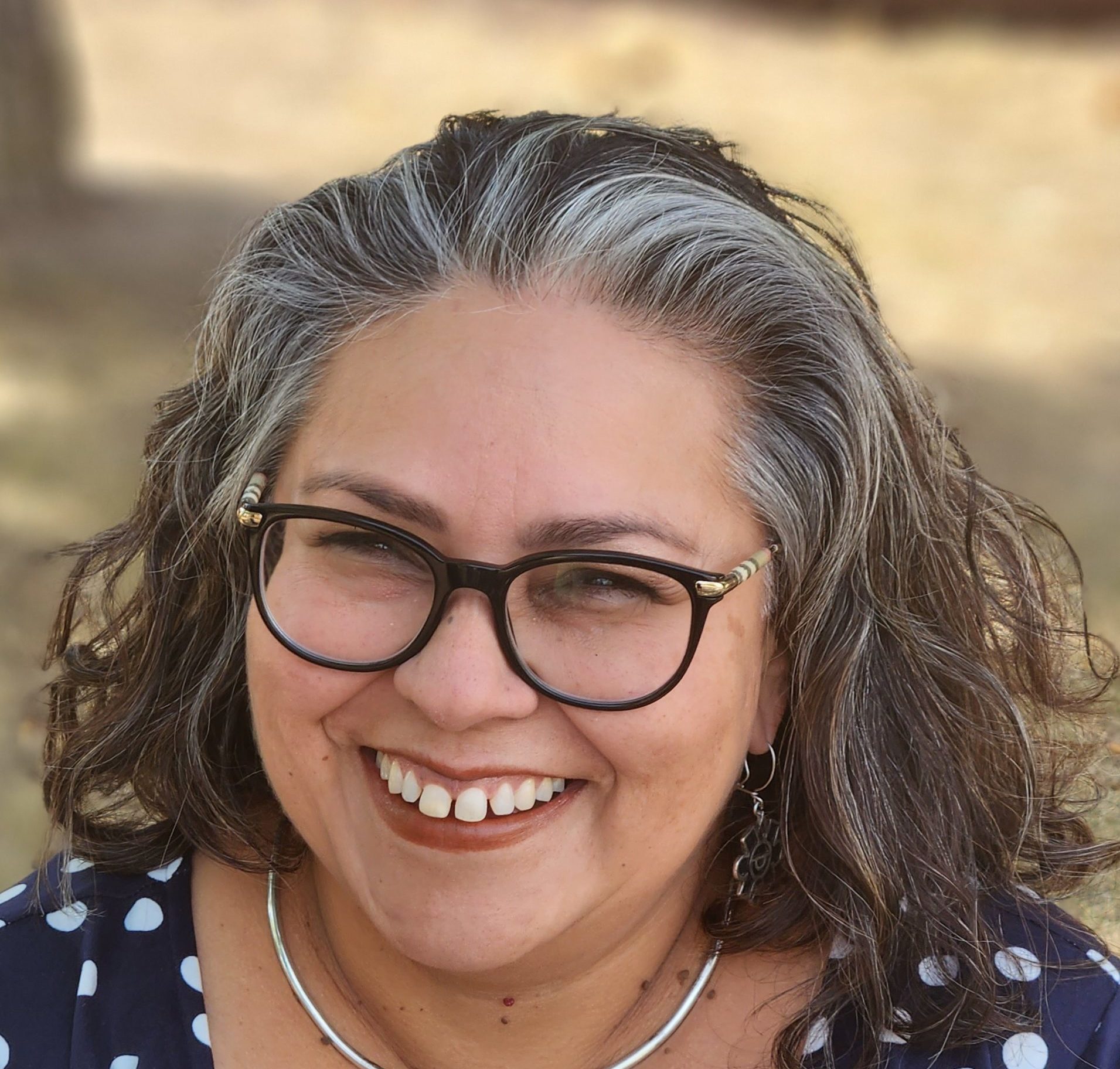Colorado’s first Mariachi degree is shaped by student experiences
The new program at MSU Denver features a unique blend of performance, cultural studies and business.
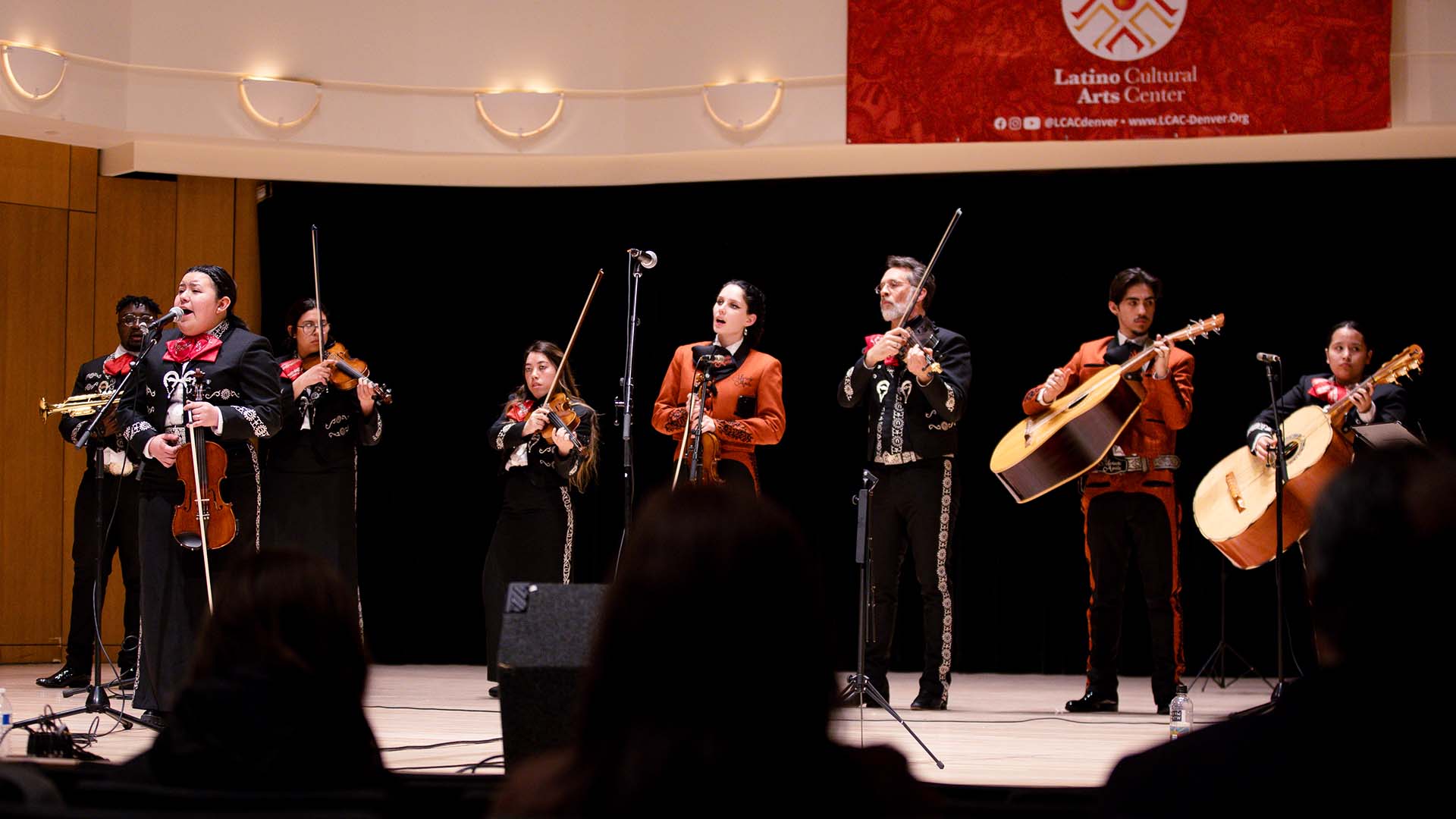
For Javier Becerril, mariachi is more than just a genre of music; it’s a tradition that has shaped his identity since childhood. As a student at Metropolitan State University of Denver and president of the student mariachi ensemble Los Correcaminos, he sees his heritage validated by a new degree that honors and advances that tradition.
This fall, MSU Denver will launch an Individualized Degree Program in Mariachi Performance and Culture. The new interdisciplinary major combines music performance with Chicana/o Studies, World Languages and business coursework, creating a culturally rich and career-relevant experience for students.
“This program is going to make (studying mariachi) so much easier and better,” Becerril said. “It’s what I was looking for, and it wasn’t available before. Knowing it’s here now really encourages me to study mariachi more.”
The degree is the result of more than 10 years of dedication and vision by faculty members, students, community partners and business leaders. It all started with the student club Los Correcaminos, founded by alumni Isahar Mendez, who afterwards founded the Colorado Youth Mariachi Program of Colorado. The ensemble quickly became a fixture in Colorado’s mariachi scene, performing at festivals, community events, and campus celebrations. Affiliate Professor of Music Lorenzo Trujillo, Ed.D., J.D., a lifelong musician and cultural advocate, was a significant driver behind these efforts. Trujillo eventually helped create the academic program.
RELATED: 9 things you didn’t know about mariachi
Trujillo saw the club’s growing popularity as a sign of something deeper: a hunger among students to study, perform and celebrate mariachi at a higher level. “It started with the club wanting a class,” he said, “and we grew it from there — from a class to a Music-degree requirement to a national listing in the directory of programs for students in the United States.”
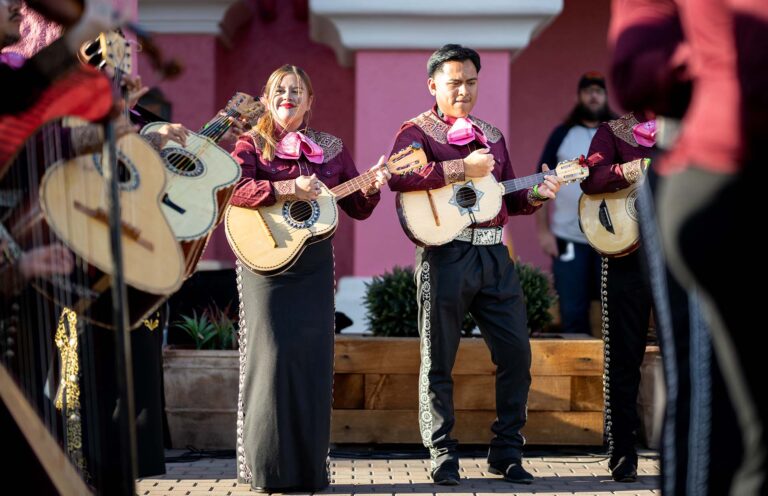
The new program reflects that evolution and offers students a flexible, forward-thinking approach to earning a degree in Mariachi. Students will study Music Theory and Performance while also exploring real-world applications in areas such as education, community engagement and arts business management. The Latino Cultural Arts Center was an essential partner in developing the curriculum.
“What we’re really trying to create here is the Juilliard of mariachi,” said Philip Ficsor, D.M.A., assistant professor of Music at MSU Denver and one of the faculty members who helped develop the program. “That’s our goal in Denver.”
The degree draws on multiple disciplines, offering students a foundation in music theory, performance, Chicana/o heritage, Spanish language and business practices. That kind of breadth is intentional, said Sara Jackson Shumate, Ph.D., director of MSU Denver’s Center for Individualized Learning.
“It’s a unique interdisciplinary degree: music, Chicano Studies, language and business all in one,” she said. “Students finish with a broad and practical foundation.”
The curriculum was inspired in part by alumna Karen Olide, who graduated in 2023 with an IDP degree in Latino Arts and Community Engagement. Olide, now a voice teacher and community arts coordinator in Dallas, said she designed her degree for students who, like her, didn’t have access to private music lessons or expensive summer programs. She wanted to build something better for the next generation.
“When Dr. Jackson Shumate emailed me to say they were modeling a new program after mine, I was shocked — and I cried,” Olide said. “It felt amazing to know something I worked so hard for could help someone else.”
RELATED: Alumna helps keep mariachi alive in Denver
For many students, mariachi is more than a musical pursuit; it’s a lifeline to family, culture and identity.
“Learning music, especially in at least two languages, is a skill that transfers into many fields, even if students just play on the side or teach or tutor,” said Adriana Nieto, Ph.D., chair of the Chicana/o Studies Department. “It connects people globally.”
Mariachi is widely recognized as an iconic Mexican folk genre. Its roots trace to the 16th century, when Spanish, Indigenous and African musical traditions converged to form something wholly unique: an evolving, collaborative sound that has been passed down through generations. A modern mariachi ensemble typically includes trumpets, violins, a guitar, a vihuela and a guitarrón and is distinguished by powerful vocals and vibrant storytelling.
Trujillo sees the degree as a milestone not just for MSU Denver but for the genre nationwide.
“This fills a national void,” he said. “Our students aren’t just learning by ear; they’re learning complex compositions, playing and singing them at a high level.”
For Ruby Godoy-Flores, a student and the mariachi ensemble’s secretary, the program sends a powerful message about belonging.
“There’s nothing like it in Colorado,” she said. “It’s going to bring in a lot of people, not just from here but from other states, too. Some people might not want to go to Texas or New Mexico. Now, they have another option.”

